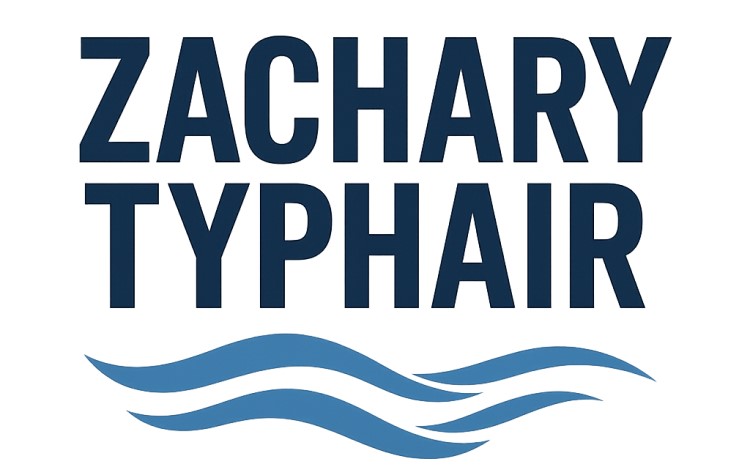Today: Standing in Solidarity with Kingston’s College Support Workers
Later today, I’ll be joining college support workers on the picket line at St. Lawrence College here in Kingston. At 4 PM, workers, students, and community members will gather at the main entrance on Portsmouth Avenue to show support for the 10,000 full-time college support staff across Ontario who are on strike.
These workers are the backbone of our colleges. They do the essential work that keeps students supported and campuses running, from registering classes, placing students in work opportunities, keeping buildings safe, staffing labs, configuring IT systems, to helping students with disabilities succeed. Their fight is about ensuring that colleges remain strong, accessible, and student-focused.
But that system has been undermined for years. Ontario’s per-student funding is the lowest in Canada, just 56% of the national average. Since 2013/2014, public funding has dropped 30%, while provincial money to private training companies has exploded by 800%. Students are left paying more, workers are left with less security, and the whole system is being stretched to the breaking point.
For Kingston, this matters deeply. St. Lawrence College is not just an educational institution, it’s an anchor for our city. Cuts to education affect housing, affordability, and the local economy. When students and workers struggle, Kingston struggles too.
Today is about standing together. It’s about saying that our colleges, our workers, and our students are worth investing in.
📍 Where: St. Lawrence College, Main Entrance – 100 Portsmouth Ave.
🕓 When: Thursday, September 18th – 4 PM
If you’re able, come out and show your support. Together, we can send a clear message: Kingston stands with workers, and we stand for public education.
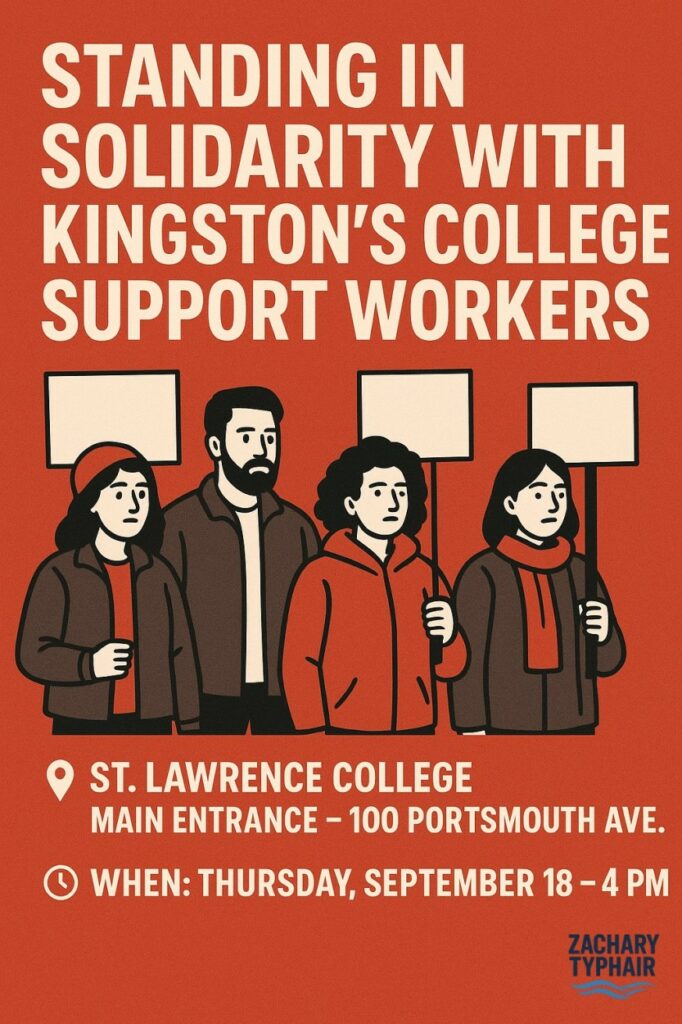
Listening to Residents on Smuggler’s Cove Drive
During a recent afternoon of knocking on doors along Smuggler’s Cove Drive, I heard a consistent concern from residents: the road behind their homes has become too busy, and speeding is making it unsafe. During my canvass, I heard again and again that a street meant to be quiet and safe has turned into a shortcut, bringing extra traffic and raising real safety worries for families.
What struck me most was that the solutions people suggested were practical and rooted in lived experience. Some residents called for speed bumps. Others felt a roundabout could help. Many agreed that simple signage showing the road is a dead end would stop a lot of traffic from entering in the first place.
These are smart, community-driven ideas. When people who live with an issue every day speak up, they often know what will work best. My role is to listen, bring those voices forward, and help shape solutions that reflect the needs of the neighborhood.
I also believe that leadership at the local level means showing up, not just at election time, but all the time. Being present in the community, hearing concerns directly at the door, and working with residents on solutions is how trust is built and real progress is made.
This is a perfect example of how a councillor’s role is about more than passing motions, it’s about listening to residents and turning their ideas into real, practical solutions. By staying connected to the community and addressing issues as they arise, we can make our streets safer, calmer, and better for everyone who lives here.
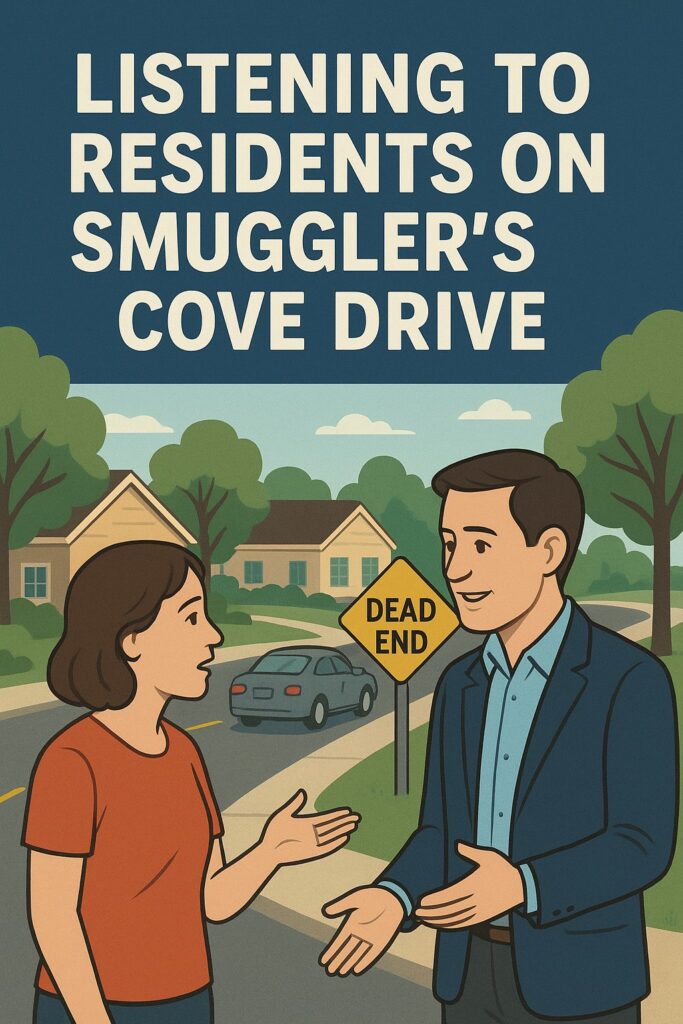
We Need to Be Proactive: Not Wait for the Next Snowstorm
It’s been nearly a month since Kingston’s new waste collection system rolled out, and while many residents are adjusting, one challenge has stood out: getting bins to the curb especially in the winter.
Under the new system, people are expected to roll heavy bins out more frequently. That might seem manageable in ideal weather, but we know Kingston winters don’t play nice. Snowbanks, ice, and the frozen ridge left behind by plows turn a simple task into an obstacle
course.
For seniors and people with disabilities, this isn’t just a hassle, it’s a barrier. And for working parents already rushing to get to their jobs or get kids to school, one more obstacle can throw off an entire day.
We shouldn’t wait for the next big snowfall to react. Let’s be proactive.
Other cities already use snowplows equipped with a secondary arm that clears snow right across driveway entrances eliminating the ridge that causes so much frustration and danger. Kingston should do the same.
Investing in this technology now would improve winter safety and accessibility for everyone not just those with physical limitations, but also the busy families and workers who make this city run.
If we’re asking residents to take on more responsibility with this new recycling system, the city needs to step up too. Better snow clearing is a practical, proven solution and one that will save time, reduce stress, and keep our community moving.
Let’s not wait until we’re buried in snow again. Let’s be proactive and make life a little easier for the people who need it most.
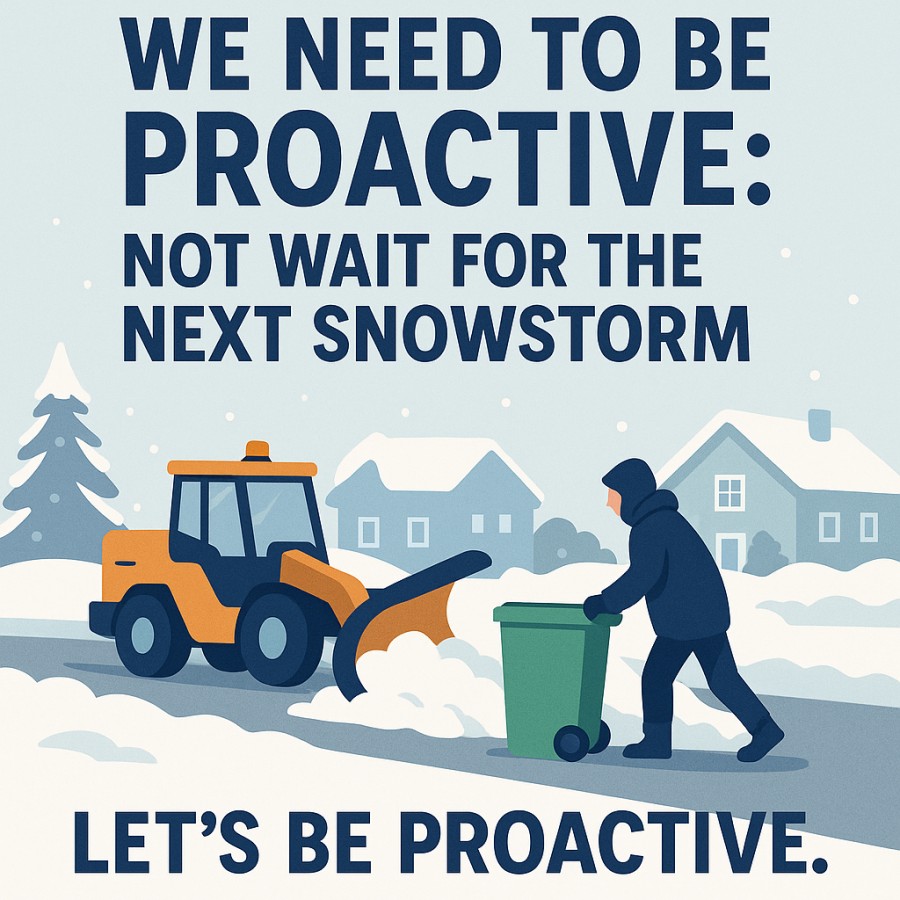
Unemployment at 8.6%? Kingston Can—and Must—Do Better
Kingston’s unemployment rate sits at 8.6%, the highest in years and one of the worst in Ontario. But that number isn’t just a statistic it represents real people. Friends. Neighbours. Families struggling to find steady, full-time work that lets them build a life here.
I see this reality every day in my work in insurance. When incomes are shaky and jobs are scarce, people cut back on home repairs, reduce protection for their businesses, and let go of the security their families depend on. The quiet cost of unemployment isn’t just lost wages it’s lost confidence, lost plans, and a growing sense of falling behind.
And this challenge touches everyone: workers, renters, homeowners, and businesses large and small.
This isn’t about left or right—it’s about what Kingston needs to thrive today, tomorrow, and years from now. And the truth is: Kingston City Council has the power to make meaningful change.
Here’s what Council can—and must—do:

New businesses, expansions, and renovations all need timely approvals. When City Hall delays permits, projects stall, jobs disappear, and investment fades. We need to streamline this process—so good ideas don’t die waiting on paperwork.

We talk a lot about affordable housing—but we need affordable space for businesses too. Kingston owns land and can zone wisely to make room for employers of every kind, from small shops to manufacturers. Growth requires space.

We should make it simpler—not harder—for local entrepreneurs to start and grow businesses here. That means reviewing and cutting unnecessary rules and barriers that discourage local risk-takers and job creators.

Kingston’s council can partner with local colleges, unions, and trades programs to close the skilled labour gap. Our builders, electricians, tech workers, and skilled tradespeople are ready—but they need affordable training and local opportunities to stay.

Workers need homes they can afford—close to where they work. Zoning smarter, approving infill projects faster, and encouraging mixed-use developments near transit routes helps both residents and the businesses that rely on them.
None of these steps require waiting on other levels of government. City Council has the tools now. But they need to use them—with purpose, courage, and focus on what really matters.
Big employers will only choose Kingston if the costs, space, and support make sense. Small businesses will only take risks if City Hall helps, not hinders. And workers will only stay if they can afford to live here.
As someone who sees the risks businesses face every day in the insurance world, I know how fast confidence can erode when uncertainty and costs pile up. Hiring slows. Investment stalls. The cracks deepen.
But this is fixable.
We can make Kingston the best place in Ontario to start a business, build a career, and raise a family—if we choose to act. Let’s speed up approvals. Open affordable land. Cut red tape. Train workers. Build housing near jobs.
This isn’t politics—it’s common sense.
I believe Kingston can do better. I know we must.
We deserve better than 8.6%. And with the right leadership at City Hall—leadership that puts Kingston’s people, businesses, and future first—we can build a city that works for everyone.
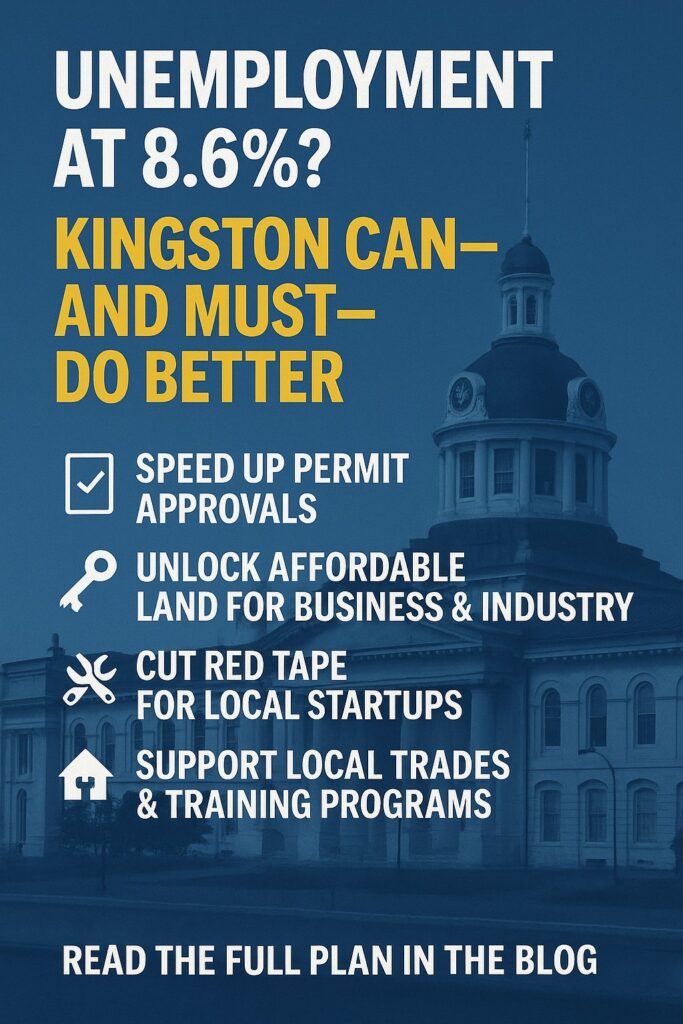
No More Band-Aids: It's time for Real Supportive Housing Solutions in Kingston
Title: No More Band-Aids: It’s Time for Real Supportive Housing Solutions in Kingston
Every day in Kingston, more people fall through the cracks. The faces change, but the story stays the same—someone sleeping rough, struggling with addiction, caught in a system that wasn’t built to support them. And as this crisis grows, so does the frustration of residents, the burnout of frontline workers, and the sense of helplessness that spreads through our city.
But it doesn’t have to be this way.
We have a chance to do something bold, compassionate, and long overdue: create a network of long-term supportive housing—places where people can not only survive, but begin to heal.
Right now, the Integrated Care Hub (ICH) is doing essential, life-saving work. But the space it’s in was never meant for this. It’s too small. Too tense. Too close to residential and business areas to serve as a stable, long-term hub. Staff are stretched thin. Clients are at risk. And frustration is rising across the community.
We need to stop asking emergency services to fix what only housing and care can.
With feedback from community members—especially those with lived experience and disability justice advocates—I’ve moved away from focusing on any one specific site. Instead, we should focus on what must be built, not where. Any solution must be developed in consultation with the communities it serves, avoiding institutional models and centering autonomy, choice, and inclusion.
Here’s what we should be building, across our city and in community settings: 




This is how we stop managing crises and start building solutions.
We don’t need more emergency shelters or temporary band-aids. We need long-term care built around human dignity and individual needs. That means building in multiple neighbourhoods—not concentrating services in one place—and listening to what people actually need to recover and thrive.
We have the need. We have the knowledge. Now we need the political will.
Let’s demand a coordinated, compassionate response—one rooted in housing, healthcare, and community. Let’s build a Kingston where support is accessible, distributed, and designed for healing.
Let’s get to work.

